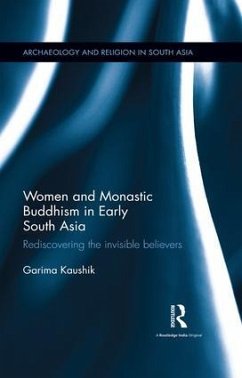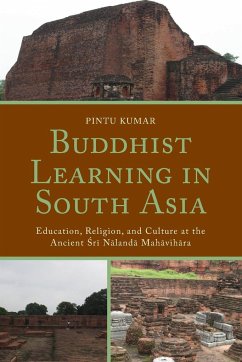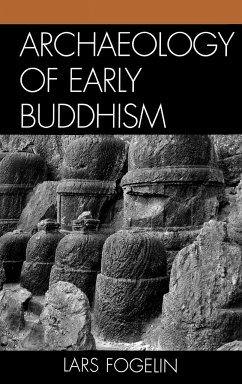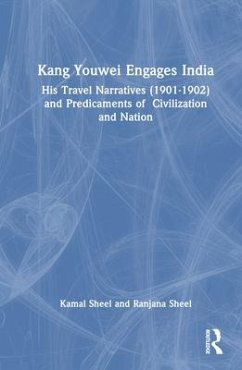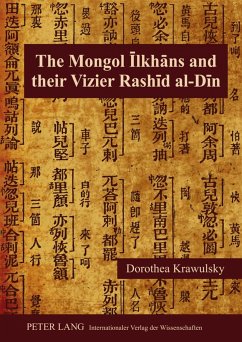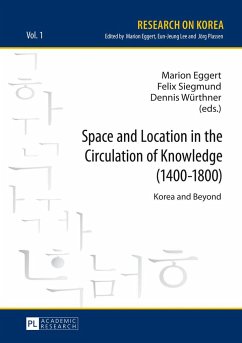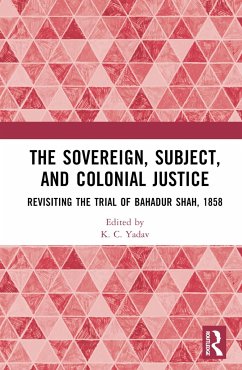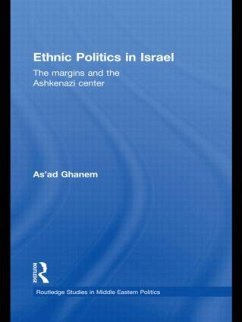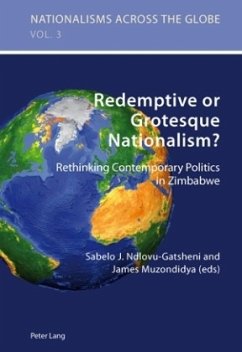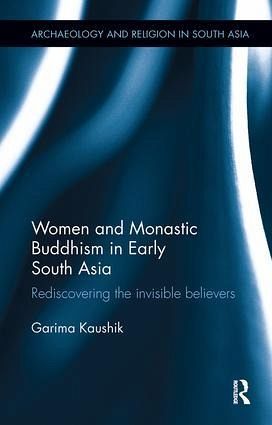
Women and Monastic Buddhism in Early South Asia
Rediscovering the invisible believers
Versandkostenfrei!
Versandfertig in 1-2 Wochen
62,99 €
inkl. MwSt.
Weitere Ausgaben:

PAYBACK Punkte
31 °P sammeln!
This book uses gender as a framework to offer unique insights into the socio-cultural foundations of Buddhism. Moving away from dominant discourses that discuss women as a single monolithic, homogenous category-thus rendering them invisible within the broader religious discourse-this monograph examines their sustained role in the larger context of South Asian Buddhism and reaffirms their agency. It highlights the multiple roles played by women as patrons, practitioners, lay and monastic members, etc. within Buddhism. The volume also investigates the individual experiences of the members, and t...
This book uses gender as a framework to offer unique insights into the socio-cultural foundations of Buddhism. Moving away from dominant discourses that discuss women as a single monolithic, homogenous category-thus rendering them invisible within the broader religious discourse-this monograph examines their sustained role in the larger context of South Asian Buddhism and reaffirms their agency. It highlights the multiple roles played by women as patrons, practitioners, lay and monastic members, etc. within Buddhism. The volume also investigates the individual experiences of the members, and their equations and relationships at different levels-with the Samgha at large, with their own respective Bhik¿u or Bhik¿un¿ Sangha, with the laity, and with members of the same gender (both lay and monastic). It rereads, reconfigures and reassesses historical data in order to arrive at a new understanding of Buddhism and the social matrix within which it developed and flourished. Bringing together archaeological, epigraphic, art historical, literary as well as ethnographic data, this volume will be of interest to researchers and scholars of Buddhism, gender studies, ancient Indian history, religion, and South Asian studies.




